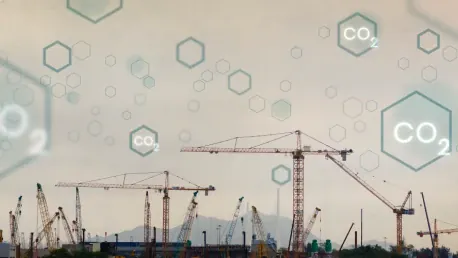
Canada is embarking on an ambitious journey to transition its electricity grid to net-zero emissions by 2050, a plan that involves integrating clean, renewable energy sources, implementing robust government policies, and engaging various stakeholders, including Indigenous communities, to reduce

Reducing greenhouse gas emissions is becoming increasingly essential for businesses to meet environmental, social, and governance (ESG) goals, attract sustainably-minded consumers, and comply with expanding regulations. By focusing on the measurement and reduction of carbon emissions, companies can

As the world faces mounting pressure to combat climate change, achieving significant carbon reductions in 2025 has become a crucial objective for governments, businesses, and individuals alike. The rapid advancement of technologies in renewable energy and the proactive implementation of innovative

The United Kingdom stands at a pivotal juncture, juggling two significant priorities: establishing itself as a global leader in artificial intelligence (AI) and honoring its enduring commitment to green energy. The UK government’s efforts to position AI as a cornerstone of the national economy

The Southeastern Chester County Refuse Authority (SECCRA) has partnered with French energy company Waga Energy to produce renewable natural gas (RNG) from waste in a Chester County landfill. This initiative aims to reduce methane emissions and provide a sustainable energy source to heat over 4,000

The Trump administration's recent decision to temporarily halt trillions of dollars in federal grant and loan programs has sent shockwaves through various sectors, particularly impacting climate and energy efforts in Michigan. This abrupt move has led to widespread confusion, legal battles, and